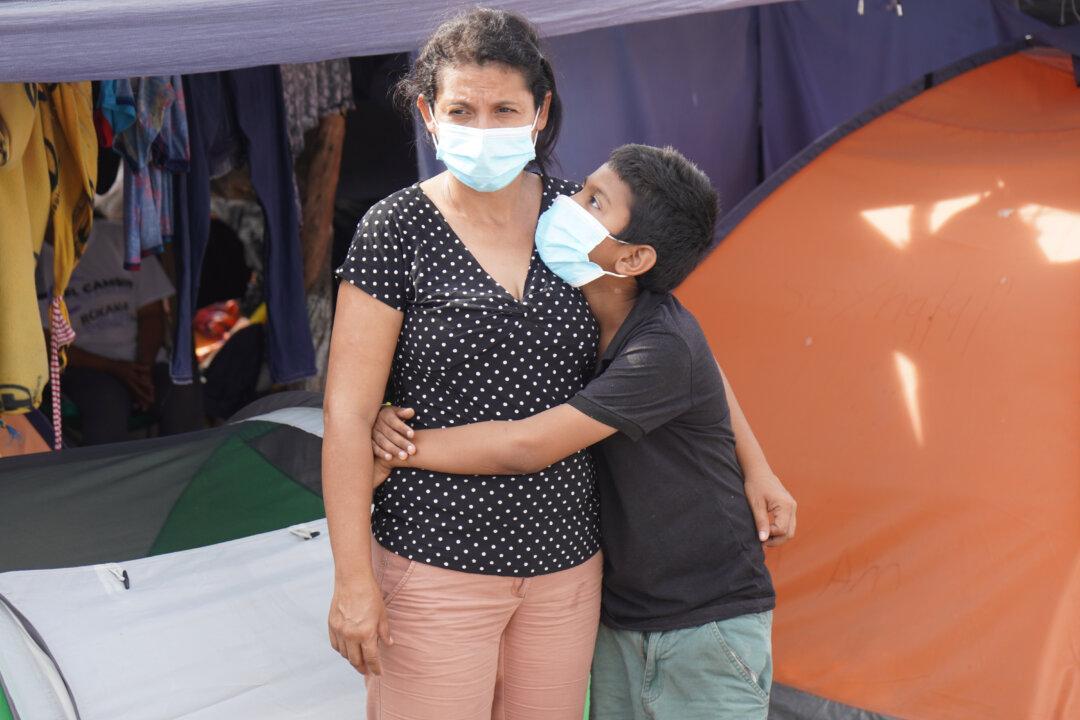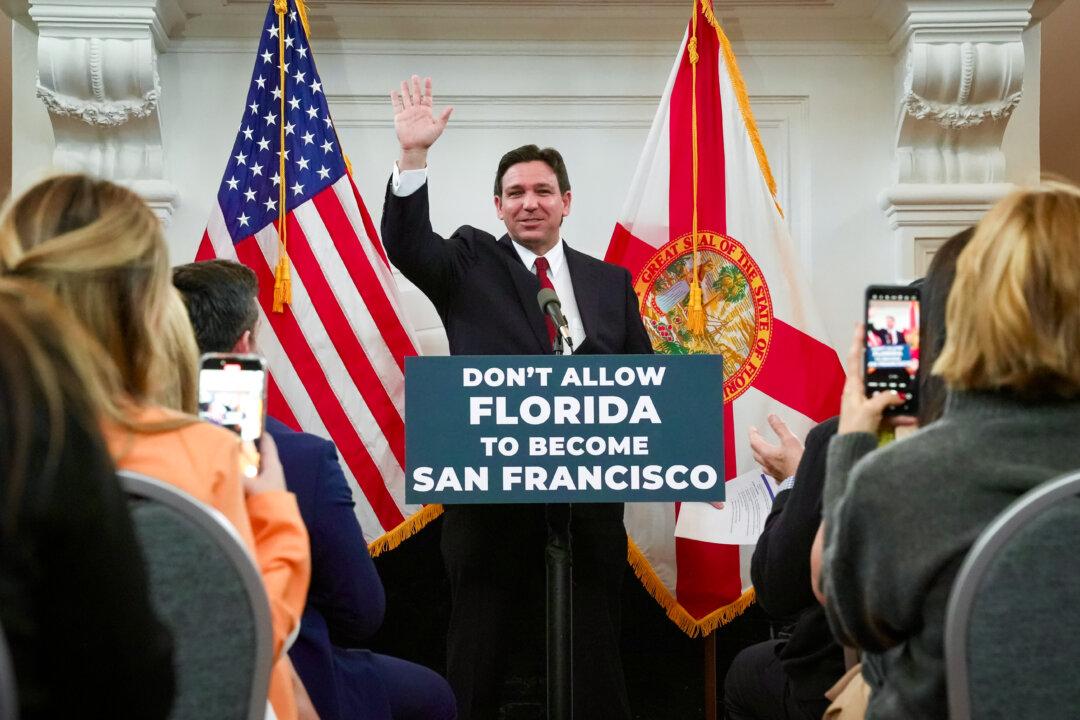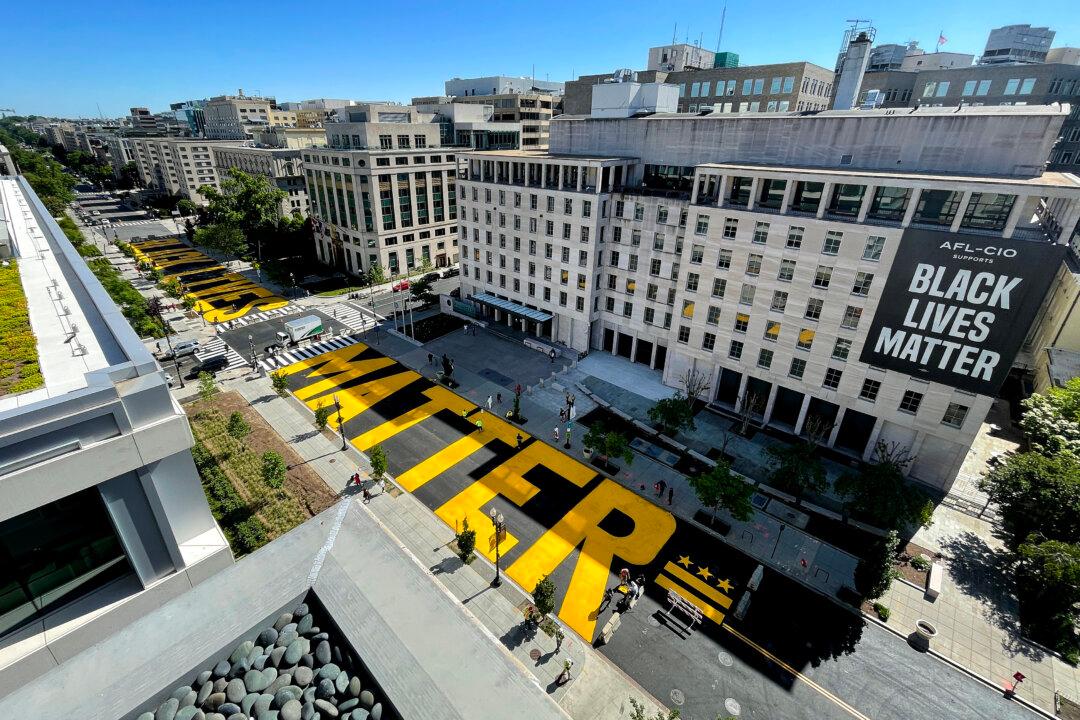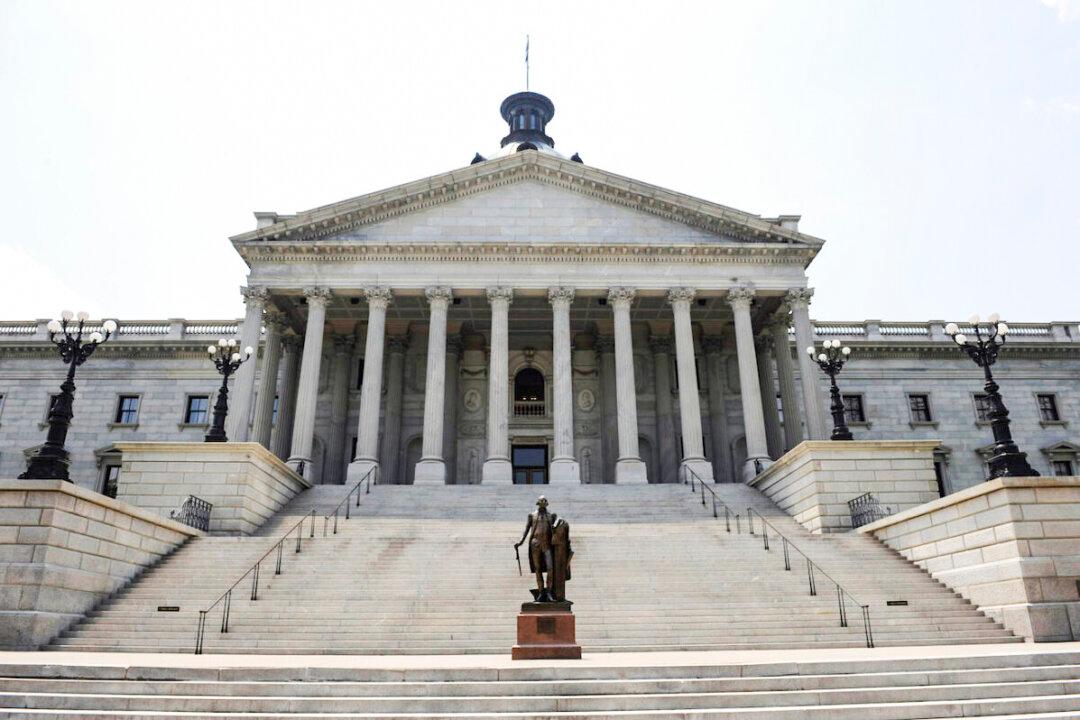The 3-month-old baby in the airplane had a scabby forehead and dirty fingernails, yet she was a dark-eyed darling in her father’s arms. She was named after her dead mother, Maria Isabella, and she had spent her life to that point traveling north from El Salvador.
All she knew was her family’s passage to the U.S. border. She waggled her head back and forth when she cried.




